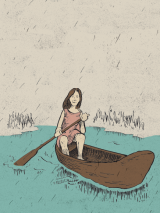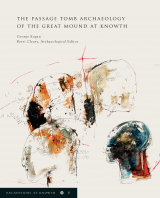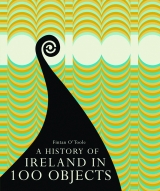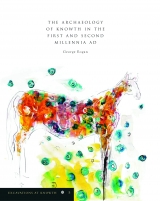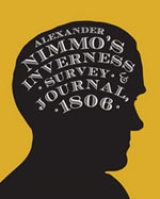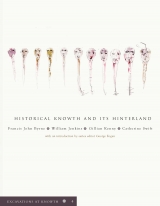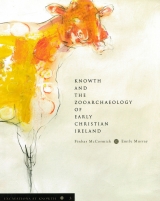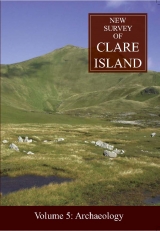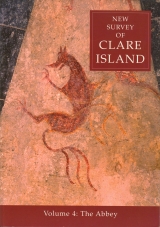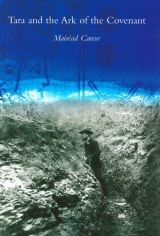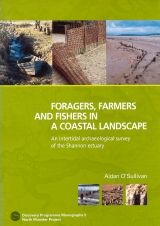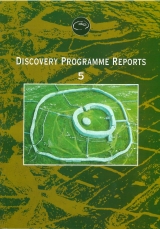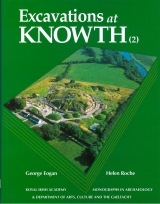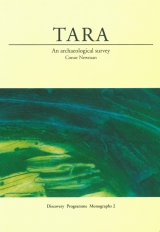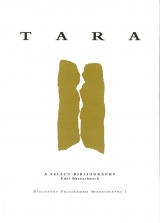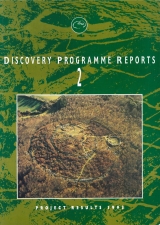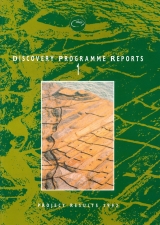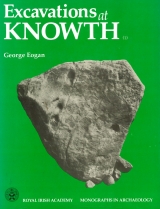Early Medieval Ireland, AD 400-1100
Book Details
Published by Royal Irish Academy
April 2014
HardbackNumber of pages: 607
ISBN: 9781904890607
Reprinted in 2021 to include a new post-2014 biographical essay.
How did people create and live in their own worlds in early medieval Ireland? What did they actually do? And to what end did they do it? This book investigates and reconstructs from archaeological evidence how early medieval Irish people lived together as social groups, worked the land as farmers, worshipped God, made and used objects and buried their dead around them. It uses evidence from excavations conducted between 1930 and 2012 to explore how people used their landscapes, dwellings and material culture to effect and negotiate social, ideological and economic continuities and changes during the period ad 400-1100.
This book is also available on JSTOR. For more information, institutions can visit Books at JSTOR or contact participation@jstor.org.
You can buy the e-book here.

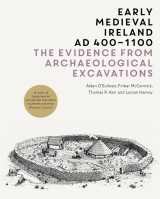
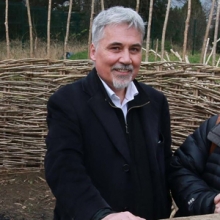
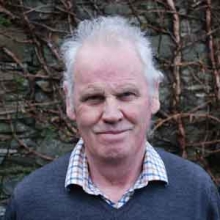
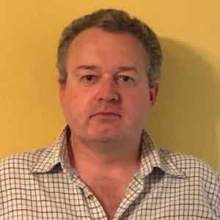
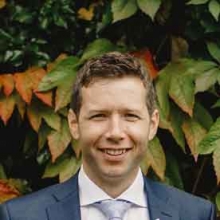


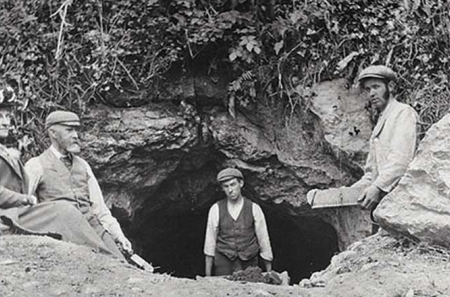
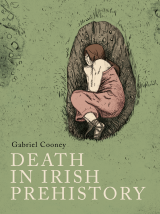 ,
,  ,
, 